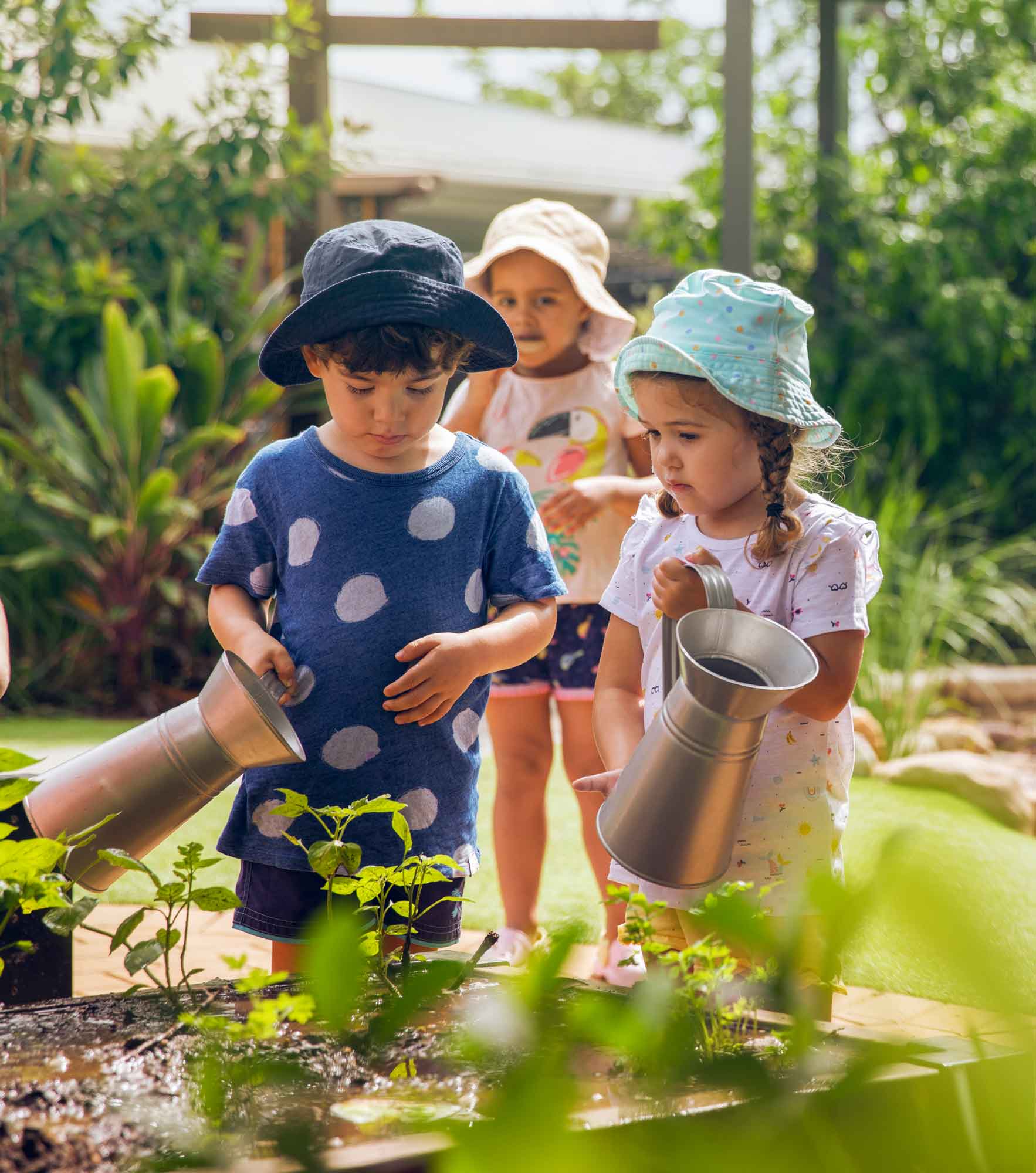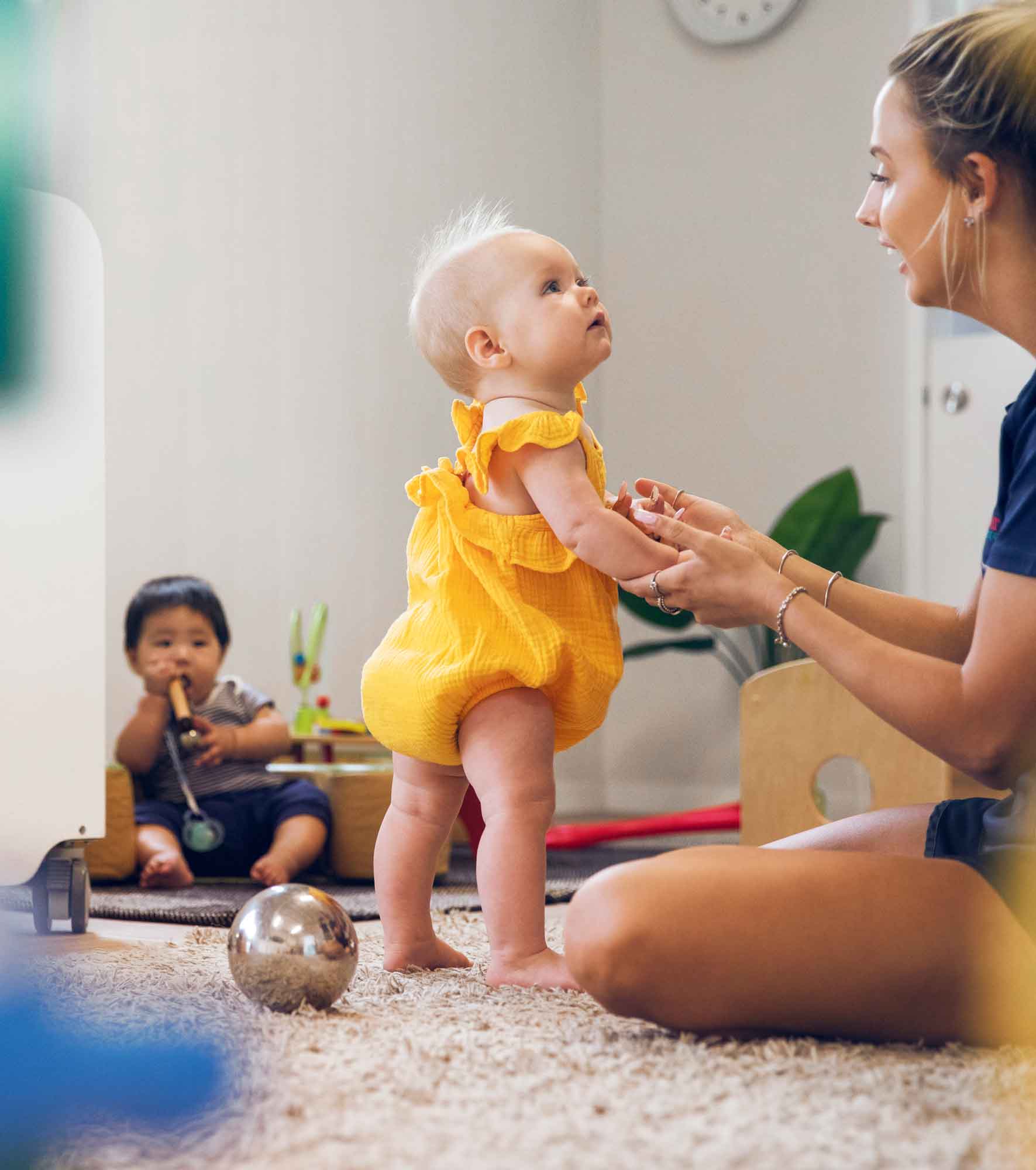School Readiness – Made Easy To Play

Starting school can be a big transition for young children, and it can be an emotional time for both children and parents. All parents want to ensure that their children are prepared for this transition and have the tools they need to succeed. But what is it exactly that a child needs to bring to successfully master the task of transitioning to school? And how can you achieve school readiness? We at Journey understand the needs of our children, and we know exactly what it needs. On top of that, we have all the experience to help each and every child individually to navigate through this exciting new phase in their lives with confidence and ease.
Why is school readiness important?
School readiness refers to a child’s ability to cope with the demands of school, both academically and socially. A child who is school-ready has the skills and knowledge they need to succeed in the classroom and beyond. And this is essential because it sets the stage for a child’s academic and personal success, not just throughout their schooling years and into adulthood. Children who are not adequately prepared for school can struggle to keep up with their peers, which can negatively impact their self-esteem, confidence, and academic progress.
This is why parents are very aware of the importance of their decision in choosing the right setting for their children to prepare them for transition to school.
Requirements have changed
When we think of learning, maybe based on our own experience, we think of children sitting quietly at tables and following (more or less attentively) a frontal lesson to gain valuable skills and knowledge.
But we have known for a long time now that this is not how children learn best. Let alone discover the fun of learning for themselves.
Play-based learning may look like play, but it brings all the skills that children are going to need to succeed in school and beyond. Through play, children can develop critical thinking, creativity, social skills, emotional intelligence, and problem-solving skills, among others. Play-based learning is an effective way to prepare children for the academic demands of school while keeping the learning process enjoyable and engaging for them. And that is why you will look in vain for that here with us here at Journey. Even in schools, just as a side note, everyday life now looks different from what many of us still remember. And therefore, there is no good reason to demand it.
What is play-based learning?
Play-based learning is an approach to early childhood education that emphasizes the importance of play in a child’s development as it recognizes that play is a natural and essential way for young children to learn and explore their world. It encourages children to explore, experiment, and problem-solve through play, which helps them develop the skills and knowledge they need to succeed in school and beyond.
How is school readiness reached through play-based learning?
We at Journey are convinced that play-based learning is the best way to prepare your child for school transition because it supports all areas of your child’s development. What we see by experience is that children who have experienced play-based learning are more likely to be school-ready because they have the skills and knowledge they need to succeed in the classroom and beyond. This thesis is also supported by the relevant literature and numerous studies.
How does Journey’s approach prepare children for school in detail?
Social Skills: One of the most important skills that children develop through play-based learning is social skills. In play-based learning, children can interact with their peers, practice communication, learn to share, turn-taking, and develop empathy. These skills are essential for school success, where children must work collaboratively with their peers, follow rules, and navigate social situations.
Emotional Development: It also supports a child’s emotional development by providing them with opportunities to express their feelings, develop self-awareness, and regulate their emotions. These skills are essential in school, where children must manage their emotions and cope with the stress of academic and social demands.
Cognitive Development: It also supports a child’s cognitive development by providing them with opportunities to explore, experiment, and problem-solve. Children develop critical thinking, creativity, and a love of learning through play-based learning, which prepares them for the academic demands of school.
Language and Literacy: Play-based learning also promotes a child’s language and literacy skills through story time, conversation, and early writing activities, such as letter recognition and phonemic awareness. Children learn to express themselves verbally and in writing, which helps them communicate effectively in school.
Early mathematics skills: Through play, children can learn counting, sorting, measuring, and spatial relationships in a fun and engaging way. It encourages them to explore math concepts through hands-on activities, such as building blocks, puzzles, and games, which helps them develop an understanding of mathematical concepts. In this way, children can develop the ability to use math in real-world situations.
Motor Skills: Play-based learning also supports a child’s physical development by providing opportunities for gross and fine motor development. Children develop coordination, balance, and strength through play, which prepares them for physical activities in school, such as writing, drawing, and sports.
Self-Confidence: Play-based learning helps children develop self-confidence by providing them with opportunities to take risks, make choices, and solve problems independently. These experiences help children develop the confidence they need to tackle new challenges in school.
Routine and structure: Childcare programs provide a routine and structure that prepares children for the routines and expectations of the school. Children learn to follow a schedule, manage their time, and adhere to rules and regulations.
Love of Learning: Play-based learning helps children develop a love of learning by providing them with experiences that are engaging, meaningful, and relevant to their lives. Children who have experienced play-based learning are more likely to be curious, motivated, and enthusiastic about learning in school.
And last but not least – We are working closely together with future schools so that we match requirements and abilities. In addition, our children visit the school, if possible, in advance or are visited by the school children so that confidence and anticipation help them to master the next step.
Something we are proud of.
What is important to us at Journey is that we support each child individually and challenge them in all areas. We might not know today whether our children will be the next star architect, professional athlete, heart surgeon or perhaps a future literature Nobel Prize winner, but we see all those possibilities in every child, and therefore it is essential for us to know for sure that we have given each and every one of them the toolset to successfully master the next step on the path to their closer future and beyond.
What does it take from our side? An excellent, experienced team with our outstanding Early Childhood Teachers who can also build a lot of support internally, never-ending creativity, the constant spark of enthusiasm, and the joy of supporting your child to reach all milestones and so much more.
And that, we can do!

